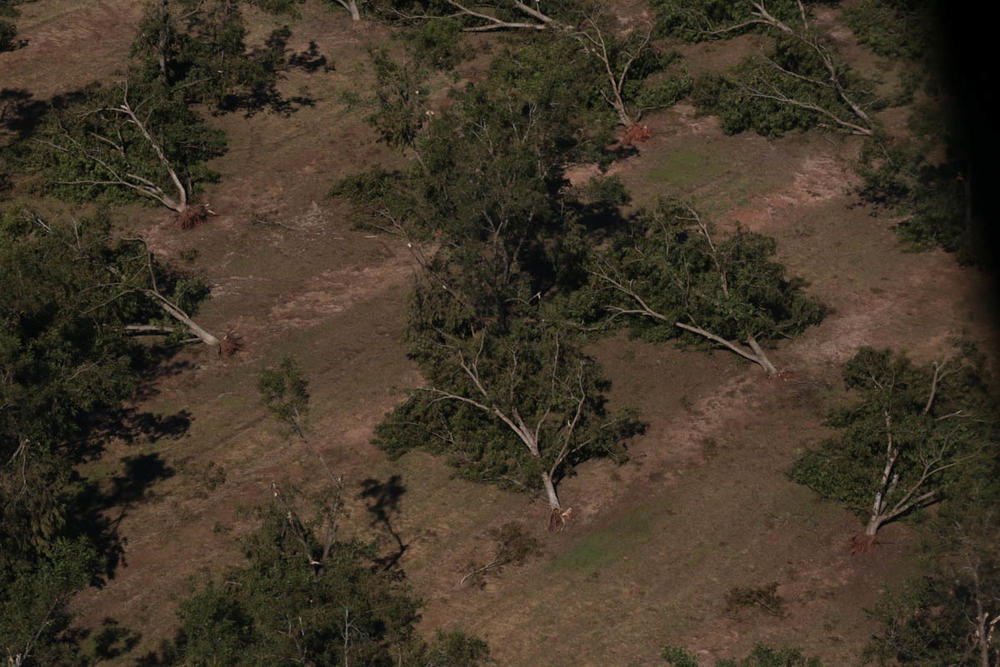Section Branding
Header Content
What The National Climate Assessment Means For Rural, Coastal Georgia
Primary Content
While many Americans scanned websites and superstore aisles for deals on Black Friday, and others recovered from Thanksgiving food comas, the Trump administration released a major new report on climate change. The 1,600-page National Climate Assessment was published by the U.S. Global Change Research Program, a group of 13 federal agencies including the Department of Defense, the Environmental Protection Agency and NASA. The news inside that report is not good for a number of Georgia industries, including agriculture. "On Second Thought" host Virginia Prescott speaks with Kim Cobb and Michael Wall.
Agriculture contributes about $73 billion annually to the state's economy and employs about 1 in 7 Georgians, according to the Georgia Farm Bureau. But the climate report projects the Southeast could lose over a half-billion labor hours due to extreme heat by 2100. The report also predicts that extreme precipitation events — like Hurricane Michael — would become more frequent and still more destructive, eroding soil, degrading water quality and damaging rural community infrastructure.
Michael Wall, director of farmer services for Georgia Organics, spoke with "On Second Thought" about what this report means for Georgia farmers and what some farmers are already doing to curb the effects of climate change. Kim Cobb, a climate scientist and director of the Global Change Project at Georgia Tech, also spoke with us about the major takeaways from this report as well as efforts to fight climate change on Georgia's coast.


